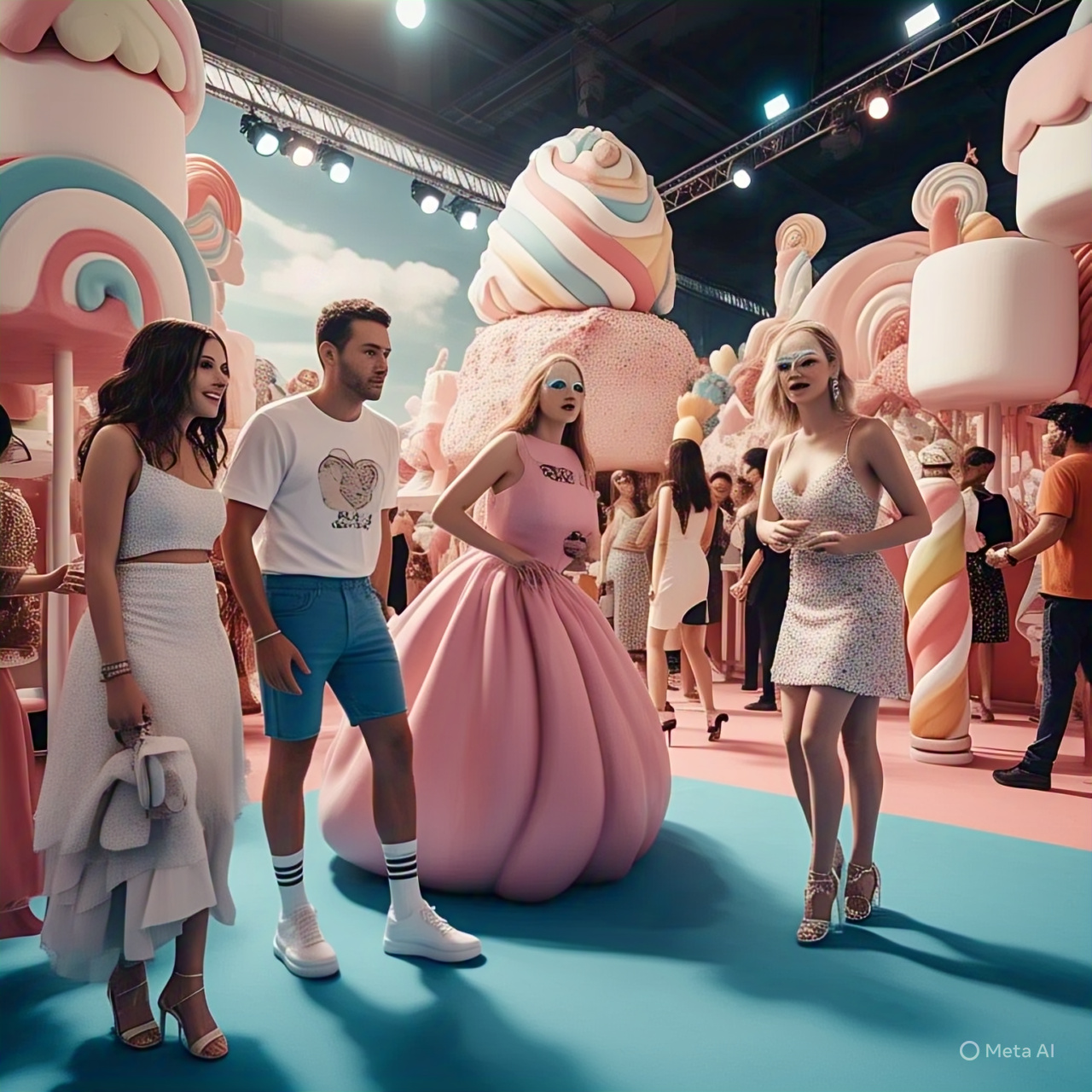Introduction
The American fashion industry is evolving at lightning speed in 2025, driven by cutting-edge technology, sustainability, and the demand for personalized shopping experiences. Whether you’re a shopper, brand, or entrepreneur, understanding this year’s top e-commerce trends is essential. Here’s your expert guide to what’s hot, what’s next, and how to thrive in the new era of fashion retail.
1. AI-Powered Personalization: The New Standard
Artificial intelligence is now at the heart of every leading fashion e-commerce platform. In 2025, shoppers expect brands to:
Know their style and anticipate their needs
Deliver unique, personalized experiences every visit
Key Features:
Dynamic Recommendations: AI suggests products in real time based on browsing and purchase history.
Personalized Landing Pages: Content and offers adapt to each user’s latest interactions.
AI-Generated Content: Product descriptions and ads are created instantly for maximum relevance.
Why it matters: Personalized shopping boosts satisfaction, increases conversion rates, and keeps customers coming back.
2. Social Commerce: Shopping Without Leaving the Feed
Social commerce is booming, with US sales projected to hit $105.5 billion in 2025. Platforms like TikTok, Instagram, and Facebook now let users buy products directly from their feeds.
What’s Trending:
Shoppable Content: Instantly purchase from posts and videos.
Influencer Marketing: Authentic reviews and trend inspiration from real people.
User-Generated Content: Customers share looks and reviews, building trust and community.
Pro Tip: Brands investing in shoppable moments and influencer partnerships are winning big in 2025.
3. Live Shopping & Real-Time Engagement
Live shopping events are transforming product demos into interactive experiences.
Why Live Shopping Works:
Urgency & Exclusivity: Limited-time offers and live-only discounts drive impulse buys.
Social Proof: Real people using products boost buyer confidence.
FOMO (Fear of Missing Out): Live shopping builds excitement and a direct connection between brands and buyers.
4. Augmented Reality (AR) & Virtual Try-Ons
AR is making online shopping more immersive and reducing uncertainty.
How AR Is Used:
Virtual Try-Ons: Use your phone’s camera to see how clothes, shoes, or accessories look on you.
3D Avatars: Create a digital version of yourself to try on outfits and find the perfect fit.
Reduced Returns: Buy with confidence, leading to fewer returns and happier customers.
Example: Sephora’s Virtual Artist, Adidas, and Warby Parker are already using AR to enhance the shopping experience.
5. Sustainability & Ethical Fashion
Eco-conscious shopping is now mainstream in the USA.
Sustainability Trends:
Sustainable Materials: Brands are using organic cotton, recycled polyester, and eco-fabrics.
Transparency: Shoppers want to know where and how their clothes are made.
Circular Fashion: Resale platforms and rental services are booming, reducing waste and extending garment life.
Tip: Highlight eco-friendly collections and transparent practices to attract the modern US shopper.
6. Customization & Local Manufacturing
Personalization now means unique pieces that reflect each shopper’s personality.
Customization Trends:
Custom Sizes & Prints: Design your own apparel or choose custom fits.
Local Production: More brands are manufacturing in the USA for quality, ethical labor, and faster delivery.
Why it matters: Customization and local production build loyalty and set brands apart.
Conclusion
2025 is a landmark year for fashion e-commerce in the USA. With AI-powered personalization, social commerce, live shopping, AR try-ons, and a focus on sustainability, both brands and shoppers are embracing a smarter, more connected, and eco-conscious future











